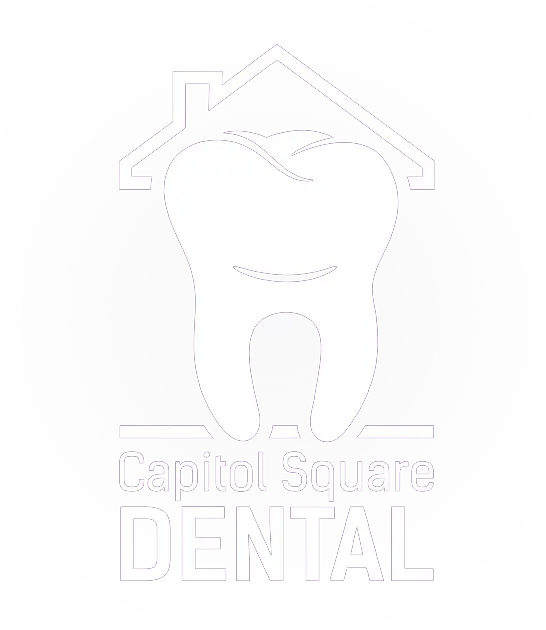TMJ Treatment The human jaw is an important part of the oral system and it is held by a special joint known as the temporomandibular joint (TMJ). Sometimes, patients may experience pain in the area of the TMJ, and might hinder how they talk, chew, or even open their mouth. This might be caused by a health condition known as temporomandibular disorder (TMD). The human jaw is an important part of the oral system and it is held by a special joint known as the temporomandibular joint (TMJ). Sometimes, patients may experience pain in the area of the TMJ, and might hinder how they talk, chew, or even open their mouth. This might be caused by a health condition known as temporomandibular disorder (TMD). People often use the acronyms TMJ and TMD synonymously, but they are different. At Capitol Square Dental, we make certain that our patients are well informed about every oral condition they might have, and here are some details about the TMJ and TMD. What is TMJ and TMD?The TMJ is the temporomandibular joint that hinges your jaw to the lower bones of the skull. They are situated in front of the ear and this connection lets you move your jaw in ways that allow us to chew, talk and also yawn. The TMJ is located on each side of your jaw and if they are not properly aligned, they might lead to some issues. TMD, which stands for temporomandibular disorder, is a term used for any disorder that affects the TMJ. The TMD is usually connected with the jaw muscles, TMJ, and the nerves in the area. The pains and symptoms of TMD might be a result of injury, excessive chewing and grinding, infection or inflammation, chronic health issues, or even trauma to the face. When a patient has TMD, they might feel symptoms such as pain in the jaw and TMJ area, tender jaw muscles, or difficulty in chewing. The jaw may also lock and make clicking or popping noises when it is moved. TMD pains can be worse when you chew or during your sleep at night. Causes and Symptoms of TMDMost times, the actual cause of TMD is never clear, but it usually occurs due to extreme strain on the TMJ and the muscles that control its movement. The strain may arise from grinding your teeth during your sleep (bruxism) or from serious trauma to the head or jaw. Medical and health issues like arthritis can also lead to TMD. The signs that you get with TMD are usually pain and discomfort in the jaw, headaches, pain, and ringing in the ears. Sometimes the pain may even spread up to the back of the eyes and face or extend to the neck. More obvious symptoms are the locking or clicking of the jaw. At this point, the jaw makes some popping or grinding sound when moved, making you want to reduce its movement. How is TMD Treated?If we diagnose you with TMD, our team will go over your health and medical history to see how best to handle the situation. Oftentimes, stressful situations can lead to clenching or grinding of the jaws, so a change in your recent behavior can really help ease the pain. You may be required to rest your TMJ, and you will be given some techniques to relax and manage stress. Depending on the severity, you might require medicine or physical therapy or even surgery. If you are experiencing any of the symptoms of TMD, it is always best to seek professional help. Speak to us at Capitol Square Dental by reaching us at (614) 461-4600 to tap into our wealth of experience. |
 Phone(614) 461-4600 HoursTues: 9:00am - 6:00pm Thurs: 8:00am - 3:30pm M, W, F, S - By appointment only |